Injustice and inequality dominate the discourse, and rightfully so. We are in the midst of a pandemic, on the brink of economic collapse, and looking toward a future ravaged by climate change. The most vulnerable among us being the most afflicted. Angry? Science says that's only natural.
A video went viral of an experiment involving two capuchin monkeys in neighboring cages. You should watch the video, but here is a basic breakdown of the experiment. Upon completion of a task both monkeys are given cucumber. The researcher, Frans de Waal, says that if both monkeys are given cucumber, "they're perfectly willing to do this 25 times in a row."
But things change when one monkey is paid more than the other. After seeing his neighbor get a grape for doing the same task, the monkey flat out rejects cucumber. He hucks it back at the researcher and slaps the ground. This monkey wants grapes. In his TEDtalk, de Waal comments, "So this is basically the Wall Street protest that you see here."
The conclusion of the experiment is that even animals understand injustice. This was met with strong criticism from philosophers. De Waal says, "One philosopher even wrote us that it was impossible that monkeys had a sense of fairness because fairness was invented during the French Revolution." Appropriately, the TED audience laughs at this idea.
Problems in the modern world are intersectional and complex. Solutions to these problems are hard. It takes building coalitions through solidarity and aiming those at reform. But that's not always our first response to crisis. Why instead do we rant to our family members and "go off" on social media? Because, just like the capuchins, we have a visceral and emotional reaction to unfairness.
Our emotional response to injustice is not a weakness though. De Waal's mention of the Occupy Wall Street movement is a perfect example of this. Emotional reactions give us the drive to do things like camp out in a park for months on end. Activism without emotion is like a plane without wings (no that wouldn't be a rocket; they work differently).
Probably the most encouraging thing de Waal describes in his TEDtalk is when his colleague, Sarah Brosnan, ran the experiment with chimpanzees. Apparently, it's common for the chimp who is given the grape to refuse the unfair treatment until the other chimp is also given a grape. You heard that right. Chimps reject privilege. Booya.
De Waal concludes his talk by saying that the monkeys' rejection of unfairness shows that morality doesn't come from a learned belief system. Our desire for fairness is not some post-enlightenment concept dreamt up by stinky French philosophers. And we didn't need Adam and Eve eating that fruit to get it. It's natural and ancient. It's like smiling when someone smiles or catching a yawn. When you see injustice, you'll feel it.






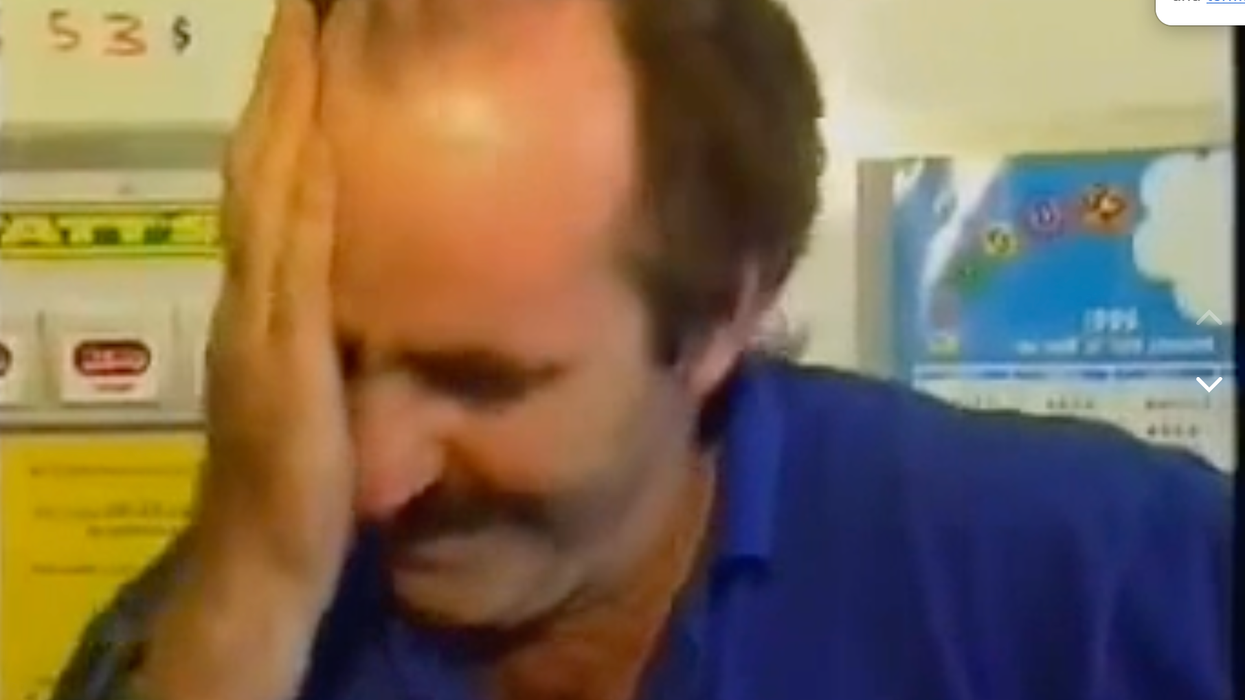
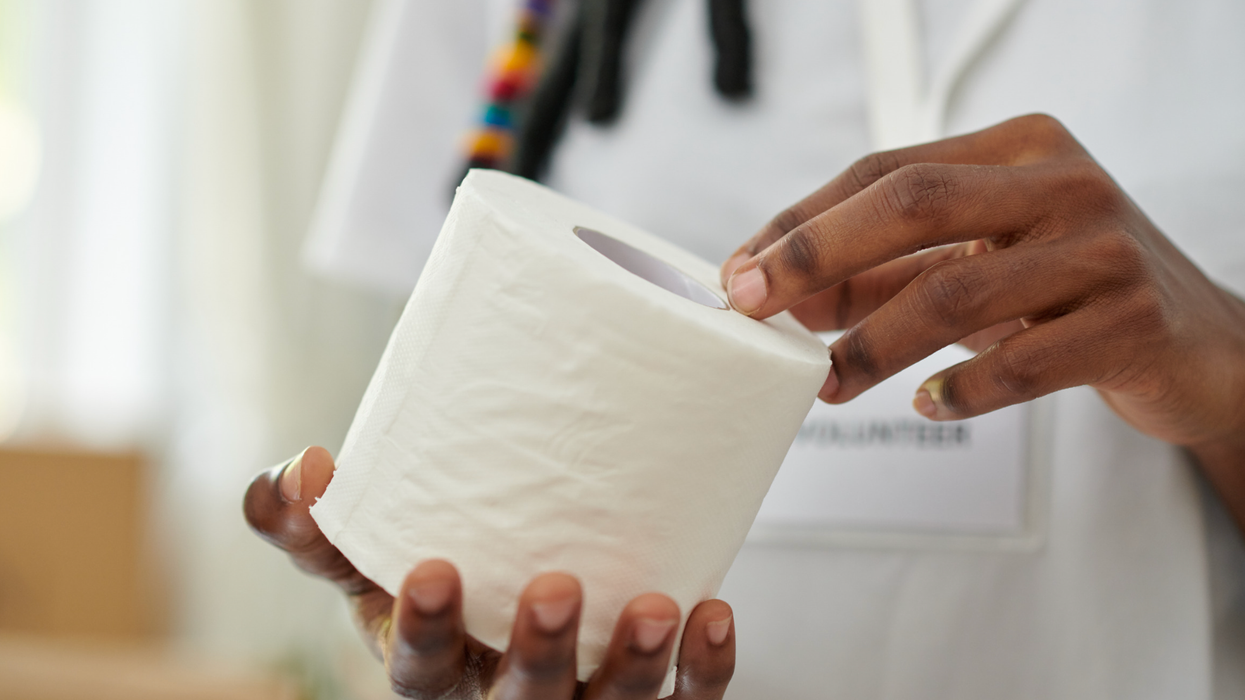
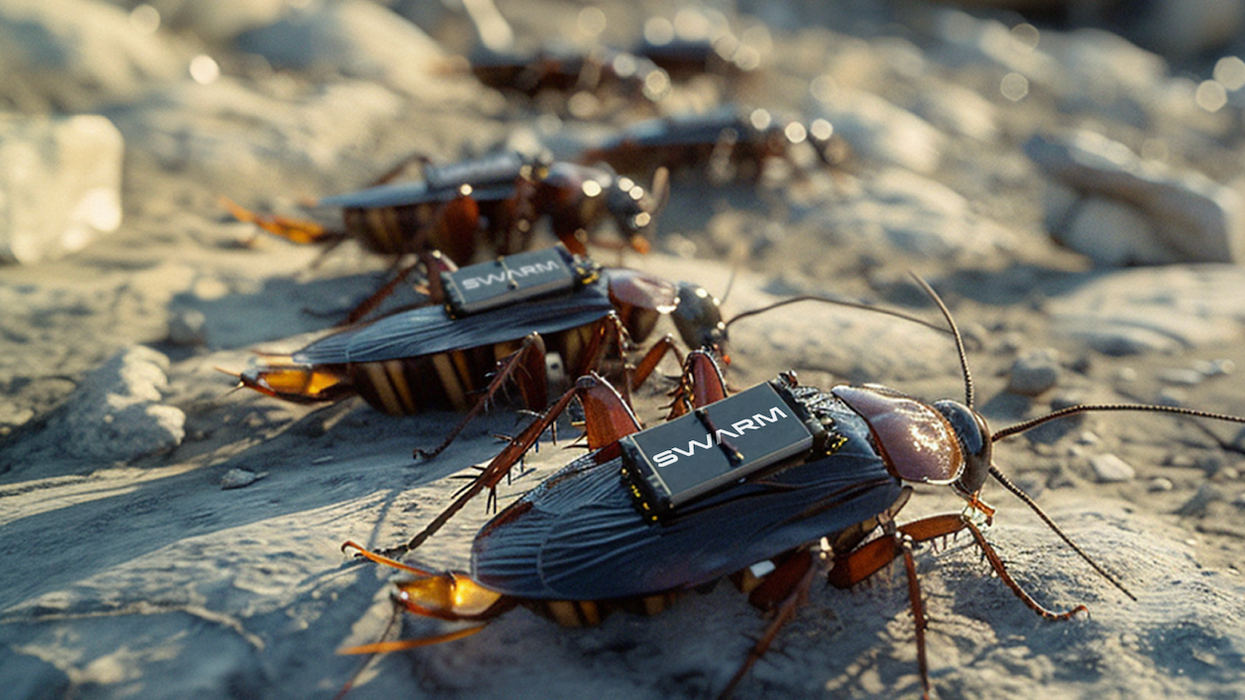







 A coffee shop in the middle of the dayCanva
A coffee shop in the middle of the dayCanva

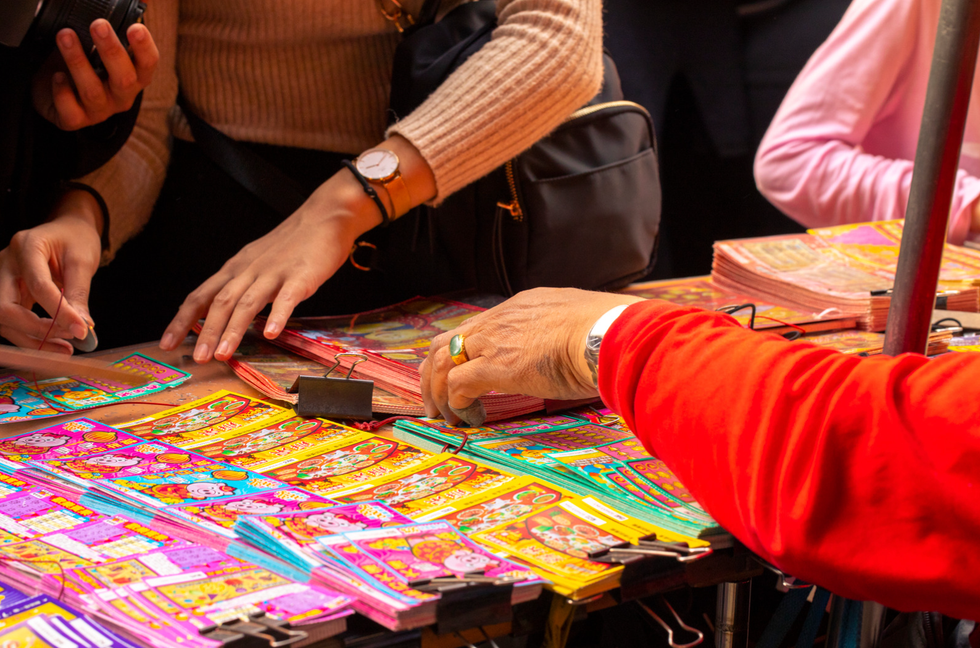 Several people scratching off lotto ticketsCanva
Several people scratching off lotto ticketsCanva A woman fans out a bunch of cash
A woman fans out a bunch of cash
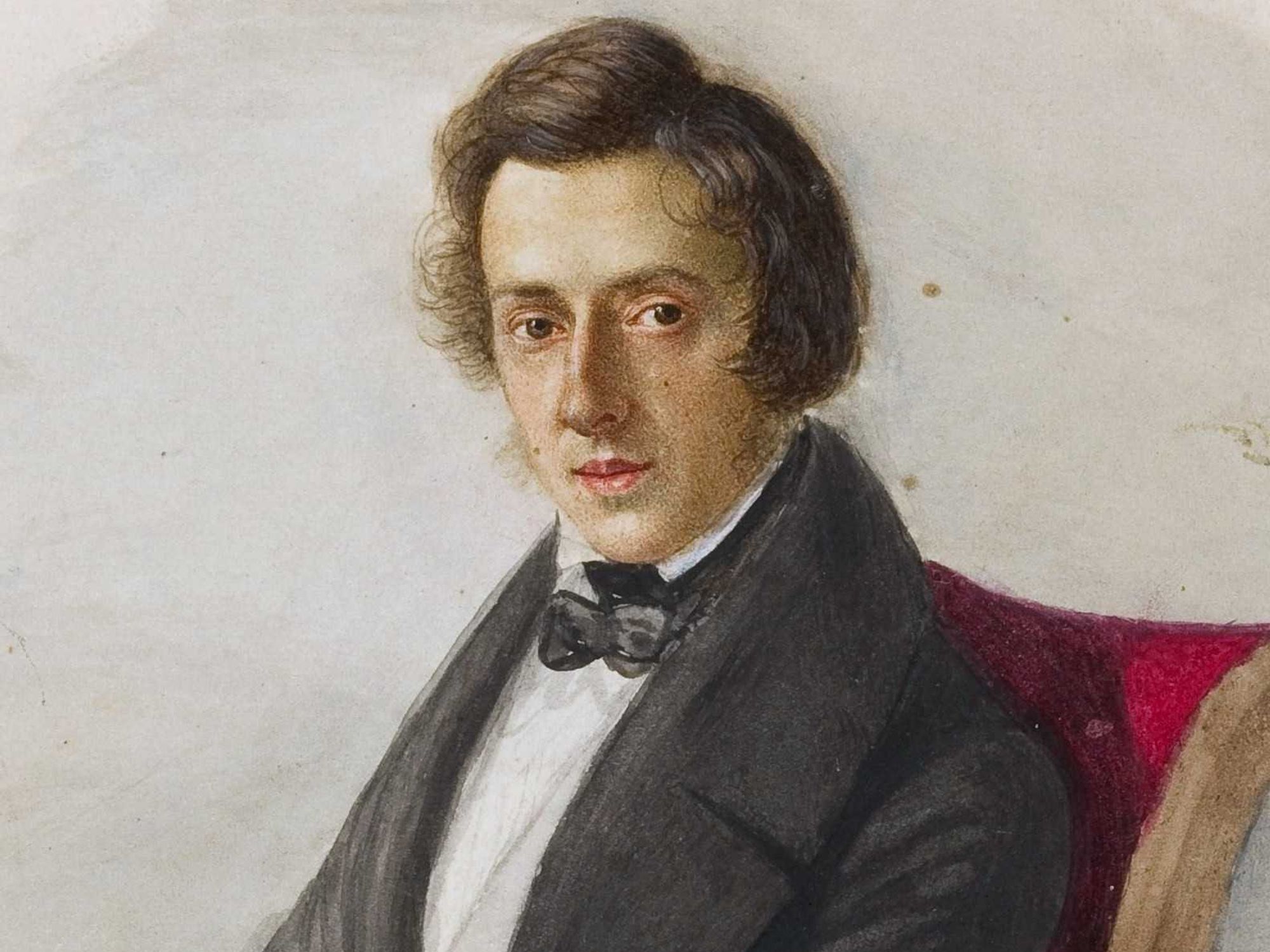 Portrait of Fryderyk Chopin.Maria Wodzińska/
Portrait of Fryderyk Chopin.Maria Wodzińska/  A standing ovation.Photo credit
A standing ovation.Photo credit 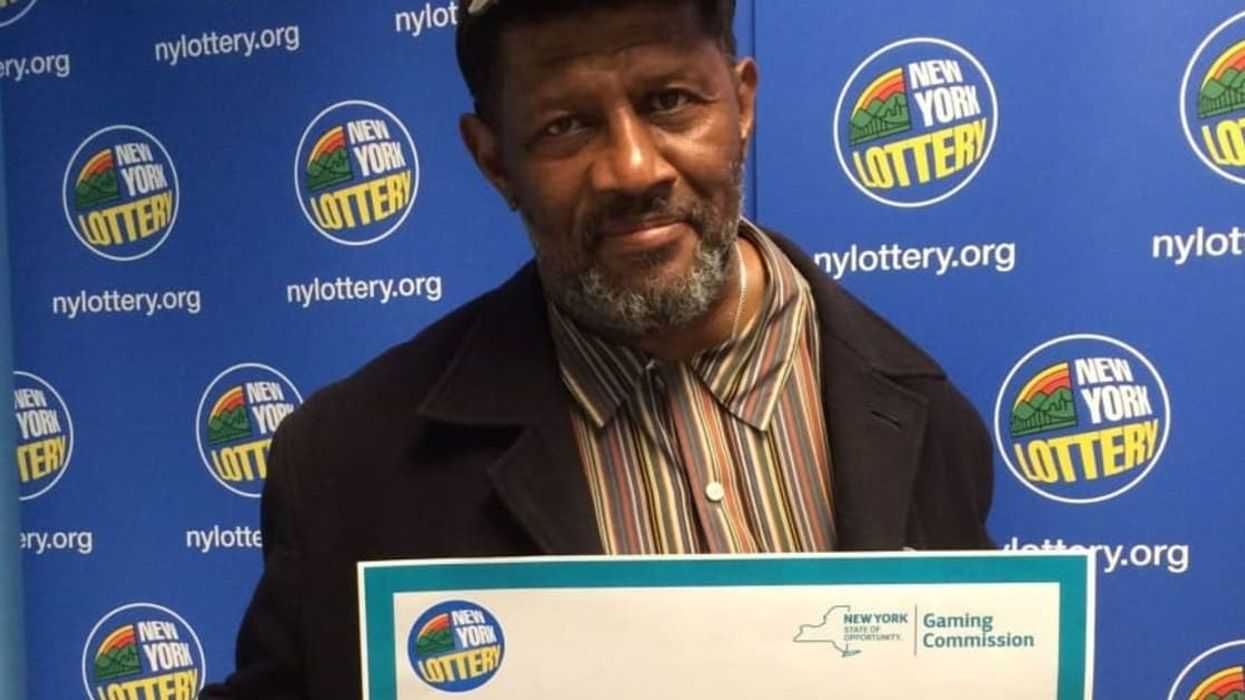
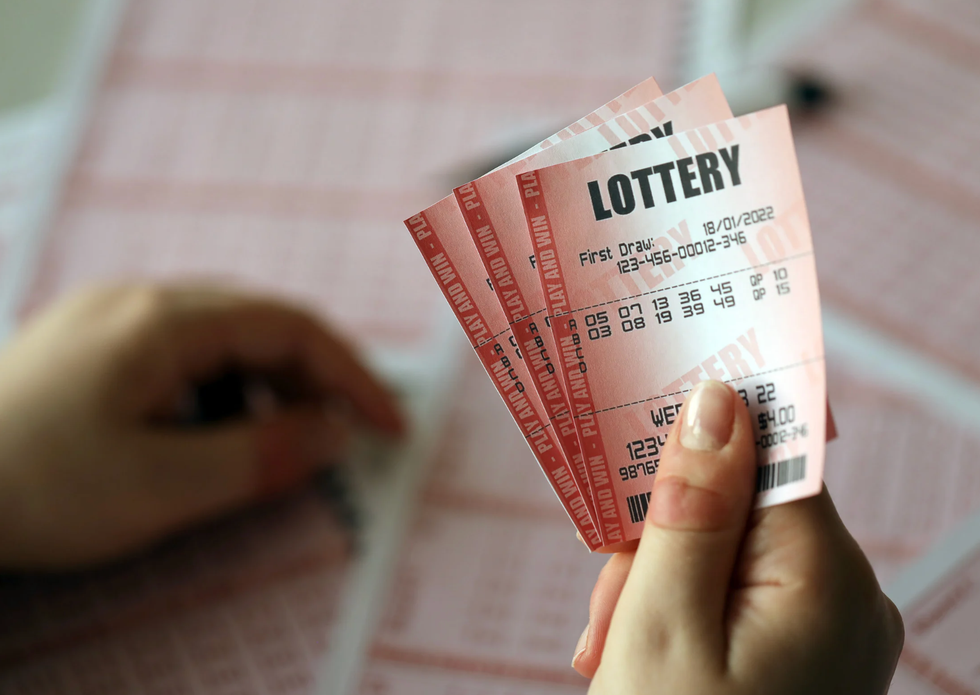 A hand holds multiple lottery ticketsCanva
A hand holds multiple lottery ticketsCanva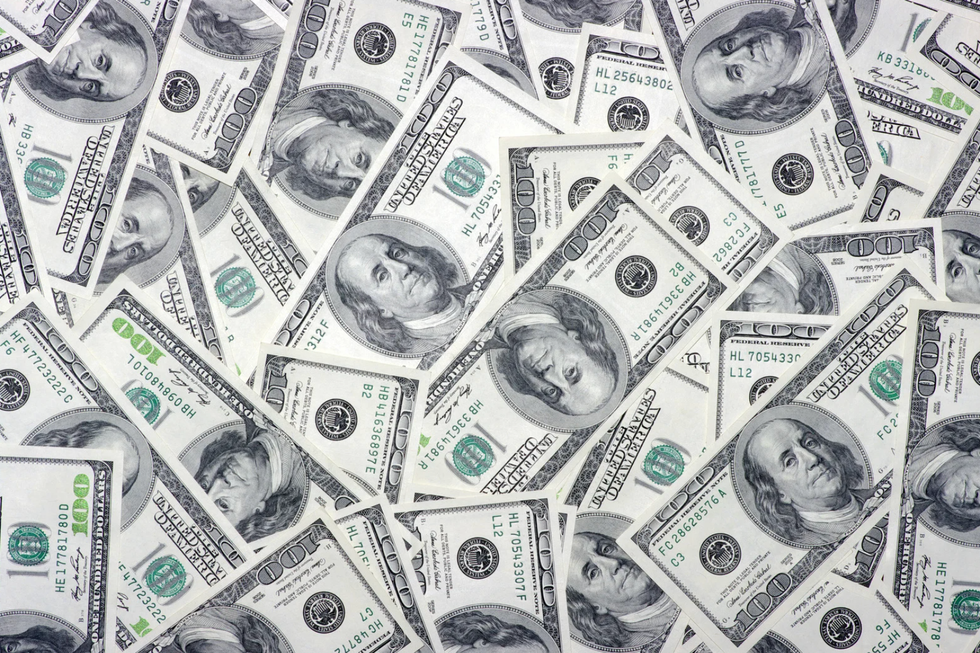 Hundred dollar bills spread outCanva
Hundred dollar bills spread outCanva
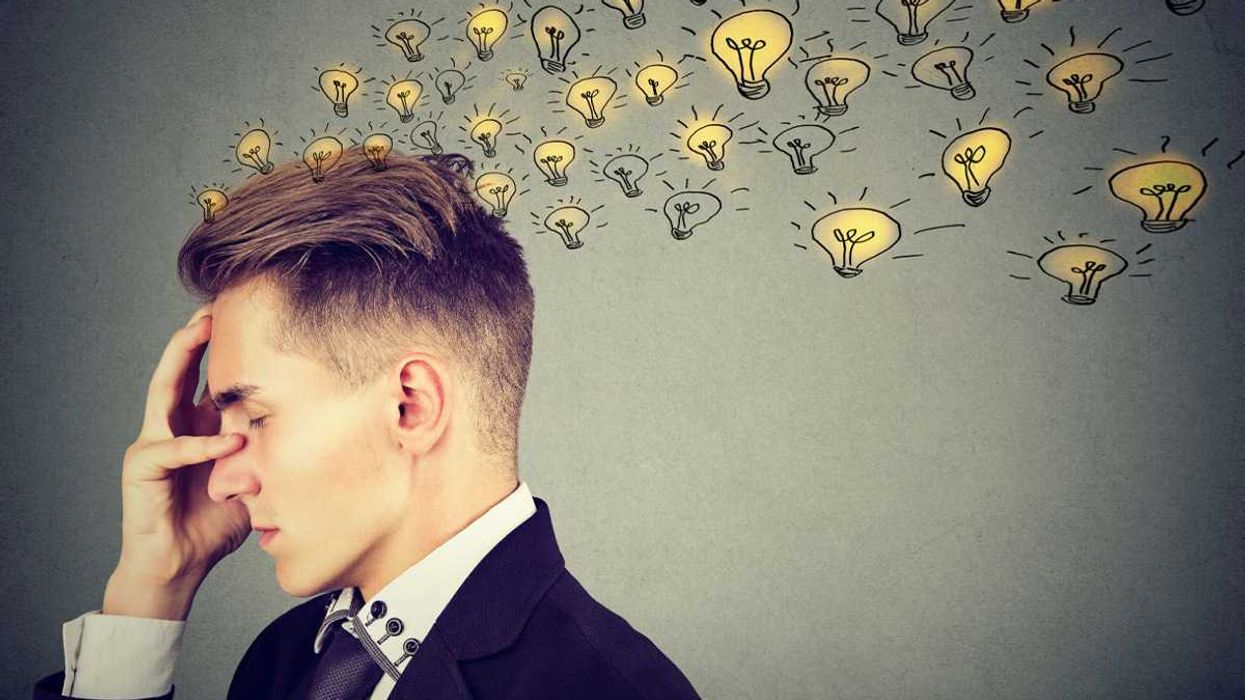 Some intense thinking.Photo credit:
Some intense thinking.Photo credit:  People support a distressed woman.Photo credit:
People support a distressed woman.Photo credit: 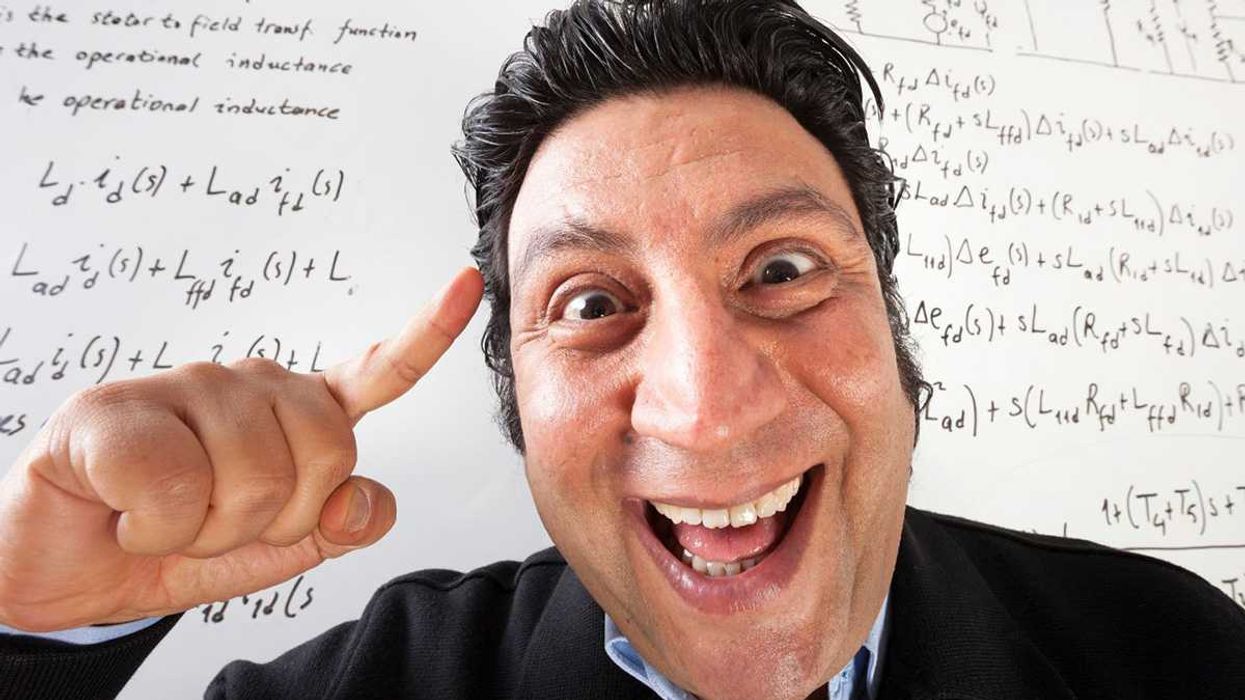 Smart guy with an idea.Photo credit:
Smart guy with an idea.Photo credit: 
 A subterranean waterfallCanva
A subterranean waterfallCanva